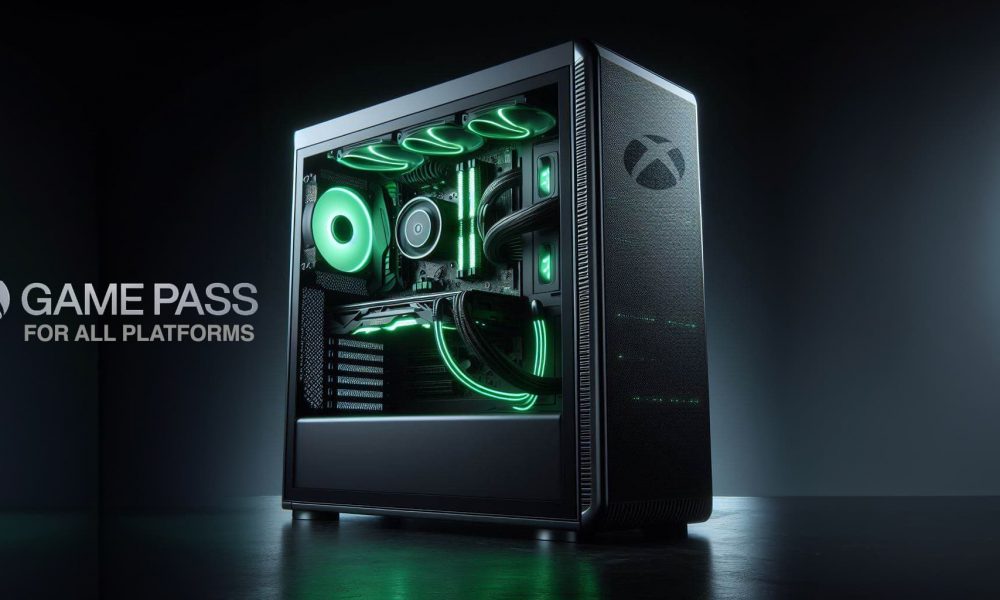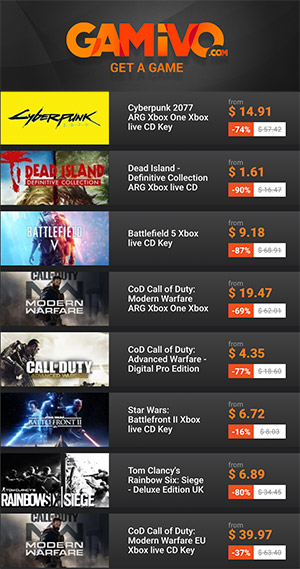

The Xbox rumor mill has been in overdrive lately, with whispers of beloved exclusives like Starfield and Indiana Jones appearing on PlayStation. Xbox fans are panicking, fearing a bait-and-switch. But could there be a different story unfolding? This article dives deep, exploring the potential implications and asking if Xbox might prioritize game delivery over dedicated consoles, becoming a PC competitor like Steam.
Key points:
- Xbox may bring exclusives like Starfield and Indiana Jones to PlayStation.
- Fans worry about a “bait-and-switch” after investing in Xbox hardware.
- Microsoft hints at a business update event, likely addressing these rumors.
- Is Xbox pivoting away from exclusives and hardware dominance?
- Could they focus on cloud gaming and multi-platform availability?
- Would an “Xbox PCX” high-end gaming PC be a viable next step?
This article explores:
- The impact of losing exclusives on dedicated consoles’ appeal.
- Why “console wars” and exclusives matter to many gamers.
- The potential benefits of a PC-like, multi-platform approach for Xbox.
- Whether abandoning dedicated hardware aligns with Microsoft’s broader gaming strategy.
The Impact of Losing Exclusives
Exclusives have long been the cornerstone of console identity. Games like Halo and God of War are more than just titles; they’re flagships, rallying points for loyal fans. Losing them can feel like betrayal, especially mid-generation when investments have already been made. Imagine buying an Xbox for Starfield, only to see it appear on PlayStation later. The “system seller” loses its selling power, leaving dedicated players feeling cheated.exclamation
Why Console Wars and Exclusives Matter
Beyond practicality, consoles represent tribal affiliation. The “console wars” are more than marketing; they’re about community, identity, and shared experiences. Choosing Xbox signifies specific values, a preference for certain game styles or online communities. Losing exclusives feels like losing part of that identity, blurring the lines and diminishing the unique appeal of each platform.
The Multi-Platform Appeal
But what if exclusives became less important? Imagine an Xbox Game Pass available on all platforms, offering a vast library accessible anywhere. This could attract PC and PlayStation players, expanding the Xbox ecosystem significantly. It aligns with Microsoft’s cloud-first strategy, leveraging their Azure infrastructure and Game Pass subscriptions for broader reach.
Aligning with Microsoft’s Vision?
Microsoft has downplayed “beating” Sony and instead emphasises accessibility and subscriptions. Abandoning exclusives wouldn’t be out of character, especially considering their PC and cloud gaming investments. This shift wouldn’t kill the Xbox console, but it might become more akin to a specialised high-end option, with Game Pass as the core focus.

One Last Fling Please!
Its a far flung hope but I would like to see one more Xbox. The “Xbox PCX” would be a powerful, modular console that would bridge the gap between PC & Console and would be a very strategic move. It caters to hardcore fans with a premium option while maintaining a presence in the traditional console market. This allows them to hedge their bets, adapting to changing consumer preferences while not alienating their core audience.exclamation
Cloud Gaming’s Role
Cloud gaming could bridge the gap. Imagine playing Xbox exclusives on any device through Game Pass streaming. This expands reach significantly, potentially making exclusives less critical for hardware sales. While technical hurdles remain, cloud gaming’s potential is undeniable, and Microsoft is well-positioned to capitalize on it.
The Future Unfurls
The Xbox rumors highlight a potential crossroads. Will they pivot towards a multi-platform, Game Pass-centric approach, or will they double down on exclusives and dedicated hardware? Perhaps a hybrid solution like the “Xbox PCX” is the answer. Only time will tell, but one thing’s certain: the gaming landscape is evolving, and Microsoft is at the forefront, making choices that will shape the industry’s future.































You must be logged in to post a comment Login